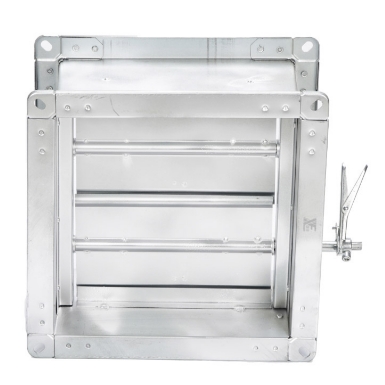Valves are critical components in various industries, serving diverse functions in fluid control systems. In this industry guide, we explore the operation of "Ball valves," offer "Gate valve maintenance tips," highlight the importance of "Check Valves in water systems," and delve into "Control valve types and uses." Understanding these aspects is crucial for optimizing performance and ensuring the reliability of your fluid systems.

A "Ball valve" is a versatile type of valve used to control the flow of fluids through a spherical ball with a hole in the center. Rotating the ball 90 degrees allows you to either open or close the valve. This operation makes ball valves suitable for on/off applications, as they offer quick and tight shut-off capabilities. They are commonly used in a variety of industries, including oil and gas, water treatment, and petrochemical.
Gate Valve Maintenance Tips:
Gate valves are renowned for their reliability and capability to control the flow of fluids. Proper "Gate valve maintenance" is essential to ensure they continue to perform optimally. Routine maintenance may include inspecting and lubricating the valve stem, replacing damaged gaskets, and checking for leaks. Well-maintained gate valves can provide long-lasting, leak-free service, making them valuable assets in fluid control systems.
Check valve for water systems:
In water systems, "Check valves" play a crucial role in preventing the backflow of water. These valves allow water to flow in one direction and automatically close when the flow reverses. This prevents contamination and ensures the integrity of water distribution systems. Check valves are commonly used in plumbing, sewage systems, and wastewater treatment plants.
Control Valve Types and Uses:
"Control valves" are essential for regulating fluid flow and pressure in various processes. They come in a wide range of types, including globe, butterfly, and diaphragm valves, each with unique characteristics and applications. Control valves are used in industries such as manufacturing, chemical processing, and HVAC systems, providing precise control over fluid parameters to optimize operations.
Understanding the operation of "Ball valves," implementing "Gate valve maintenance tips," appreciating the role of "Check valves in water systems," and knowing the diverse "Control valve types and uses" are pivotal to effectively manage and maintain fluid control systems across industries.
In conclusion, valves are integral components in fluid control systems, and their proper selection, operation, and maintenance are crucial to ensure seamless operations and safety. By mastering the characteristics and functions of various valve types, industries can enhance efficiency, reduce downtime, and optimize fluid control processes, ultimately contributing to the success of their operations.
 WhatsApp:
WhatsApp: Phone:
Phone: Contact Now
Contact Now